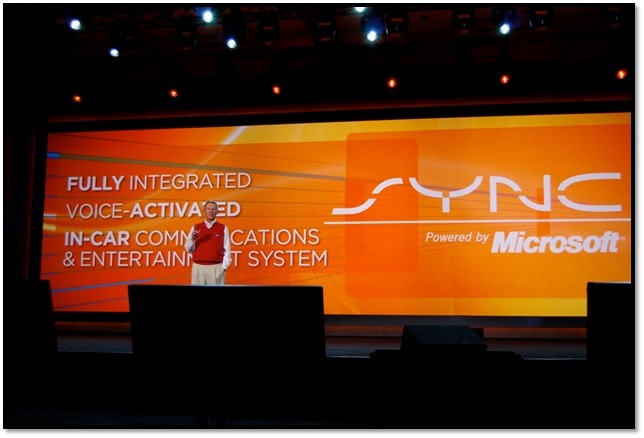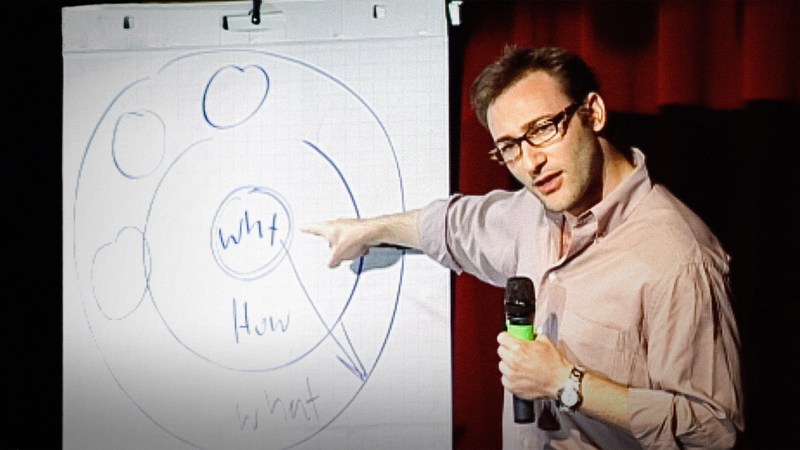
The title of today’s blog post reverberates like a Who song using a wah-wah pedal. But as the world of business careens through these disruptive times, leave it to a couple of old rock n’ rollers to raise a question that most companies are now in the process of tackling. Or at least they should be.
And that includes radio companies.
The industry has been roiled during the past couple of years. iHeart is out of bankruptcy, has purchased the Stuff Works podcasting company, and is fast-moving to redefine itself. Entercom is now deep into the CBS Radio takeover, the rollout of Radio.com, and managing its increased scale. And Cumulus has been busily selling off some of its biggest and most iconic stations, as Mary Berner moves her company into what she’s calling “Cumulus 3.0.”
And that’s just those three radio groups. Whether it’s NPR, Hubbard, PRX/PRI, Beasley, Cox, and many, many others, change is in the air. And it’s moving at a rapid pace.
Once you get past the facade of buying and selling, the real action is in defining and understanding the strategies each of these companies is employing to remake, reshape, and redefine themselves for today and tomorrow.
And in that respect, radio is far from alone. Whether you’re Netflix, Google, Best Buy, Walmart, or the U.S. Postal Service, everyone is heavily ensconced in essentially the same process.
Including the auto companies. And given their import to the radio broadcasting industry, how they emerge on the “other side” will have a mega-effect on media and entertainment – especially the dashboard incumbent: AM/FM radio.
For the car companies, this process didn’t begin a year or two. It’s been in the left lane for a decade or more. For Jacobs Media, we first saw the process unfold at the Consumer Electronics Show many years ago. Back in 2009, Ford’s CEO Alan Mulally keynoted the conference (as a car guy on the big stage at a tech show?). And here’s the comment that jumped out at us:
“We are a car company but we are learning how to think like an electronics company.”
That may have been the opening act for the auto industry’s transformation. That year at CES, only a handful of automakers were exhibiting, and many were wondering why they were there in the first place. It was a powerful statement that was as shocking as it was truthful.
Six years later, the language at Ford changed, but not the trajectory. In a 2015 story in Digital Trends by Jeremy Kaplan, the title says it all:
“To become a better car company, Ford had to become a technology company”
Kaplan interviewed long-time Ford exec, Jim Buczkowski. Jim has been an integral part of shaping Ford’s vision. The year after Mulally keynoted CES, we collaborated with then-Greater Media programming guru, Buzz Knight, to interview at the Ford exhibit that year.
In framing the story, Kaplan set it up this way:
“Ford is a software company.”
“Ford is an urbanization and city planning company.”
“Ford is a technology company, an innovation company, a material-science company, a private curator, and a public policy innovator.”
Oh, yeah. Ford also manufactures cars, SUVs, and trucks.
Now, when you go to CES, the North Hall is teeming with automotive exhibits – the big OEMs like Chevy, Mercedes, Toyota, and of course, Ford. But there’s also hundreds of Tier 1 suppliers to the automakers: designers and manufacturers of “head units,” autonomous and electric technology.
No one’s talking horsepower or automatic braking systems. The conversations are about the Internet of Things, smart mobility, smart cities, and topics that would have boggled the mind of even a visionary like Henry Ford.
Now, the other auto companies have jumped on the bandwagon. Ford had problems with the early SYNC system, and paid for it in weak J.D. Power ratings. Many in the industry quietly confided that “Ford took one for the team.”
But they were prescient. They saw the disruption as well as the opportunity. Today, all the car makers are careening down the tech field, investing billions in new technology – much as Alan Mulally predicted.
For proof, last weekend while watching TV, I caught this Nissan commercial for their Rogue:
I love the tag line:
“Now the most exciting tech you own is in your driveway.”
Interestingly, Jim Buczkowski laid out Ford’s vision in much the same way back in 2015:
“To just say, it’s got four wheels and different sheet metal and maybe a different power plant, that’s too short-sighted. We’re really looking at the long-term future.”
And so should radio operators.
To say that a company like iHeart, Entercom, or NPR is “a radio company” is now about as accurate as saying “Ford is a car company.”
They are entertainment companies.
They are information companies.
They are community companies.
They are lifestyle companies.
Well, you get the idea. The heavy lifting is in defining a company’s identity, its mission, its purpose.
Or as Townshend and Daltrey put it, “Who are you?”
It’s easy to fall into the trap where companies are goal driven, as in we want to be in the top 25 markets, or we want to achieve $2 billion in profits.
They are goals, not strategies.
Identifying the heart and soul of an organization is the hard part.
As marketing guru Simon Sinek implores us, “Start with why.”
He reminds us that “people don’t buy what you do – they buy why you do it.”
And of course, that’s true. But along the way, companies need to be exploring and perhaps redefining their “who.”
Who are you?
What does your company do and what should it be known for?
The people occupying the corner offices know this, but the message doesn’t always make it down to the station level.
We’re not just radio companies any more than Ford just makes Fusions.
It’s two simple questions with not-so-simple answers:
What business are you in today?
And what business will you be in down the road?
- Can Radio Afford To Miss The Short Videos Boat? - April 22, 2025
- Media And Technology In 2025: Believe It Or Not! - April 18, 2025
- In Radio, You Just Never Know - April 17, 2025




Broadcasting is in The Ever Changing Business of Operating in the Public Interest, Convenience and Necessity. Once again, thank you Fred for outstanding thought stimulation.
Appreciate it, Clark.
You do realize that a quantum effect is the smallest possible effect, right?
No, I’m’ a radio guy. I wrote it because it sounded big. (I changed it to “mega”)
Excellent blog again, Fred. Stations should signal their intent to reinvent their strategy by dropping the ‘FM’ handle. Anyway if someone is listening to you on FM there’s no need to incorporate it into your name.
Pat, I think that’s where headed, but it takes a while to break those old habits. Thanks for checking in with us.
I’ve never worked for Jacobs Media and I don’t think I’ve ever applied to a station that is a Jacobs station, however, reading this blog, that will be changing. I’ve worked for iHeart and some other large players, but Fred hits the nail
on the head. He gets it. Thank you for posting this!
Bobby, appreciate those kind remarks. Thanks for reading our blog.